On the occasion of Prime Minister Pham Minh Chinh leading a high-ranking Vietnamese delegation to attend the 8th Greater Mekong Subregion (GMS) Summit and work in China from November 5-8, the Vietnamese Ambassador to China gave an interview about the purpose and significance of this working trip.
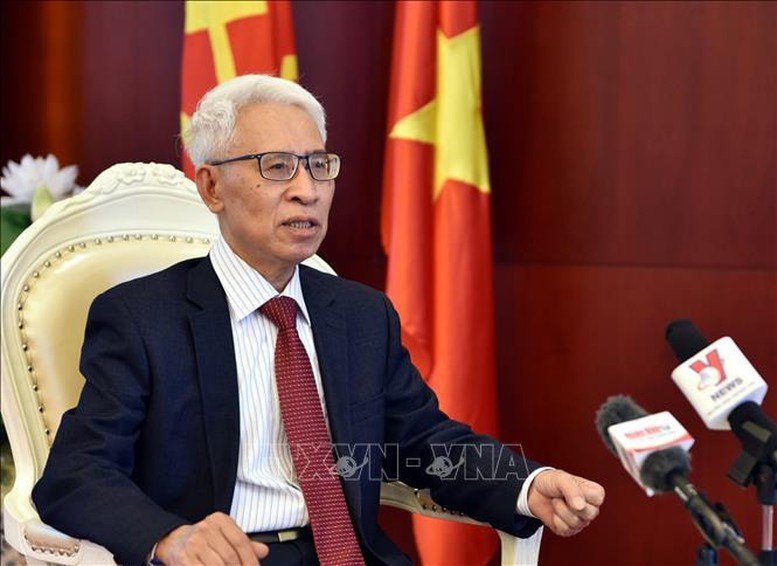
Ambassador Pham Sao Mai: Prime Minister Pham Minh Chinh's working trip to China has many important meanings
Ambassador, please tell us the significance of Prime Minister Pham Minh Chinh's upcoming attendance at the 8th GMS Summit and visit to Yunnan Province and Chongqing City (China)? Ambassador Pham Sao Mai: At the invitation of Premier of the State Council of the People's Republic of China Li Qiang, Prime Minister Pham Minh Chinh will attend the 8th GMS Summit and visit Yunnan Province and Chongqing City from November 5-8. The 8th GMS Summit is the first summit of GMS cooperation to be held in person in the past 6 years, after being affected by the COVID-19 pandemic. The 8th GMS Summit, with the theme "Towards a Better Community through Innovation-Driven Development", will include a retreat and a plenary session. The conference will focus on discussing the cooperation situation since the 7th GMS Summit to date, as well as the direction of cooperation in the coming time. On this occasion, Prime Minister Pham Minh Chinh will also attend the 10th Ayeyawady-Chao Phraya-Mekong Economic Cooperation Strategy Summit (ACMECS) and the 11th Cambodia-Laos-Myanmar-Vietnam Cooperation Summit (CLMV). This working trip of Prime Minister Pham Minh Chinh has the following important meanings: Firstly, in the context of complicated and unpredictable developments in the international and regional situation, the participation of the Prime Minister and the Vietnamese delegation at the 8th GMS Summit is a practical activity to implement the foreign policy of independence, self-reliance, peace, multilateralization, diversification, proactiveness, active and comprehensive international integration, effectiveness and raising the level of multilateral diplomacy. Secondly, the participation of the Prime Minister at the conference affirms Vietnam's importance to sub-regional cooperation mechanisms, including GMS cooperation. Vietnam's initiatives at the conference will contribute to promoting the contents and pillars of cooperation of the GMS mechanism, including strengthening the connection of hard and soft infrastructure, responding to climate change, and sustainable management of water resources. This is also an affirmation of Vietnam's role as a founding member of the GMS, effectively contributing to the implementation of the common goals and visions of the GMS. Third, Vietnam and the GMS member countries are neighboring countries, sharing the Mekong River, having friendly relations and common interests in building an integrated, prosperous, sustainable and comprehensively developed sub-region, effectively responding to common challenges. The participation of the Vietnamese delegation at the conference will promote relations between Vietnamese localities and localities of neighboring countries. GMS member countries are geographically close and have convenient transportation, so cooperation between localities becomes an important part of the overall cooperation between GMS countries. The GMS Economic Corridor Governors Forum is expected to be held on the sidelines of the 8th GMS Summit. During his working trip to China, in addition to participating in the agenda of the 8th GMS Summit, Prime Minister Pham Minh Chinh is expected to visit and have important activities in Yunnan Province and Chongqing City. This demonstrates the continuation of the tradition of high-level exchanges between the two Parties and two countries, the high importance that the Party, State and Government of Vietnam attach to the Vietnam-China relationship, especially in promoting the implementation of high-level common perceptions and signed agreements between the two sides from the perspective of localities, encouraging localities of the two countries to further promote their potential and advantages, complement each other's strengths, expand and improve the effectiveness and quality of cooperation areas, bringing benefits to the people of the two countries, towards the 75th anniversary of the establishment of Vietnam-China diplomatic relations and the "Vietnam-China Humanitarian Exchange Year" in 2025. How has the Vietnamese Embassy in China prepared for this "two-in-one" working trip combining multilateral and bilateral aspects? What are the Ambassador's expectations for the results of the visit? Ambassador Pham Sao Mai: At the 8th GMS Summit, Prime Minister Pham Minh Chinh and leaders of the GMS countries are expected to adopt the Joint Statement of the Summit and the Innovation Strategy for GMS Development by 2030, recognizing 6 documents on investment, environment and climate change, digitalization, gender equality, health, and the digitalization framework for trade documents. These important results of the summit will contribute to creating new momentum for sub-regional cooperation in general, as well as for GMS cooperation in particular. The efforts and determination to promote cooperation and development, and join hands to address common challenges will strengthen solidarity and friendship between Vietnam and neighboring countries and enhance the strategic role of the Greater Mekong Subregion in the integration process in the region. In addition, the GMS cooperation orientations adopted at the Summit will contribute to effectively supporting the process of building the Association of Southeast Asian Nations (ASEAN) Community, shaping the regional structure with ASEAN at the center. On the bilateral level, through this visit, the two sides are expected to achieve specific and substantive results. Firstly, the visit will propose measures to practically and effectively implement the common understanding reached between the high-ranking leaders of the two Parties and the two countries, promoting Yunnan Province and Chongqing City along with localities of Vietnam to enhance understanding, expand coordination mechanisms to exploit the potential and strengths of each side, creating new growth momentum for cooperation between the two countries. Second, the visit will contribute to identifying specific focuses and measures to promote substantive cooperation between the two sides in the fields of economy, trade, investment, infrastructure, culture, education, tourism, people-to-people exchange, etc. Third, the visit will create an important mark for both sides to strengthen propaganda and education about the traditional friendship and good cooperation prospects between the two countries, thereby contributing to consolidating a more solid social foundation for the Comprehensive Strategic Cooperative Partnership and the Vietnam-China Community of Shared Future of strategic significance. The Vietnamese Embassy in China identified that participating in the preparation for the working trip to China to attend the 8th GMS Summit and visit Yunnan Province and Chongqing City by Prime Minister Pham Minh Chinh is both an honor and a top priority task this year. The Embassy maintains close contact with relevant agencies and localities on both sides to discuss and coordinate the development of programs and contents of the visit, and make efforts to contribute to the success of the visit. Could you introduce the strengths of Yunnan Province, Chongqing City and the potential for cooperation with Vietnam? Ambassador Pham Sao Mai: Yunnan Province is a locality with a close geographical location, bordering the northwestern provinces of our country, and is also a gateway connecting China with South Asian and Southeast Asian countries, including Vietnam. In recent years, the exchange and cooperation between Yunnan Province and localities of Vietnam have been continuously promoted, many exchange and cooperation mechanisms between the two sides have been implemented regularly and effectively, such as the annual conference between the Secretaries of Lao Cai, Ha Giang, Dien Bien, Lai Chau provinces and the Secretary of the Yunnan Provincial Party Committee; Economic Corridor Cooperation Conference between 5 provinces and cities: Hanoi, Hai Phong, Quang Ninh, Lao Cai, Yen Bai and Yunnan. Cooperation between the two sides in border management, traffic connection, border gate development, openings, culture, sports and tourism... achieved many important results. Especially in economic and trade cooperation, Yunnan province and localities of the Vietnamese side have coordinated to promote trade, facilitate customs clearance, and remove difficulties in import and export activities. In the first 8 months of 2024, two-way trade turnover between Yunnan and Vietnam reached 2.09 billion USD, up 30.31% over the same period. In the coming time, Yunnan province and Vietnamese localities will continue to expand and improve the effectiveness of cooperation in areas such as delegation exchanges, economics - trade - investment, border gate development, traffic connection, border management, tourism, etc. In addition, with its close geographical location, long-standing tradition of friendship and cultural similarities, it will create favorable conditions for the two sides to carry out humanistic exchange activities, contributing to strengthening the friendly relations and mutual understanding between the people, especially the people in the border areas of the two countries. Chongqing City is an important economic development center of the Western region of China with four outstanding advantages. First of all, Chongqing is a centrally-governed city, so it has a proactive and effective decision-making mechanism. In addition, Chongqing has a high economic openness and is a transportation and logistics center and the main transit point of the international railway from China to Europe. Chongqing is one of China's leading industrial production centers, especially in automobile and electronics manufacturing. At the same time, with a long cultural history, Chongqing also has rich tourism resources. With Vietnam, Chongqing has a long-standing traditional friendship, being the place where President Ho Chi Minh lived and carried out revolutionary activities. Many leaders of the Vietnamese Party and State have visited Chongqing. In recent times, the exchange and cooperation between Vietnam and Chongqing has achieved many positive results. Since 2019, Vietnam has continuously been Chongqing's largest trading partner in ASEAN. In the first 7 months of 2024, the import and export turnover between Vietnam and Chongqing reached 3.03 billion USD; of which, Vietnam exported to Chongqing 1.88 billion USD, and imported from Chongqing 1.15 billion USD. Regarding investment, as of the end of July 2024, Vietnam had 5 investment projects in Chongqing with a total investment capital of 8.1 million USD; while Chongqing had 22 investment projects in Vietnam with a total capital of 296 million USD. Vietnam and Chongqing still have a lot of potential to further promote cooperation in depth and substance. Firstly, promote the tradition of friendship, strengthen the exchange and cooperation between localities of Vietnam and Chongqing city. Secondly, strengthen strategic connectivity, infrastructure, effectively exploit the international railway route from Chongqing to European countries to facilitate the export of Vietnamese goods to third countries. Thirdly, continue to expand bilateral trade turnover, increase imports of each other's goods, including high-quality agricultural and aquatic products of Vietnam, creating mutual complementarity in the structure of import and export goods. Fourth, increase the attraction of high-tech industrial production investment from prestigious enterprises in Chongqing to Vietnam, especially in the fields of green transformation and digital transformation. Fifth, further promote people-to-people exchanges, better exploit the potential for tourism cooperation between the two sides, and study the opening of more flights between Chongqing and localities in Vietnam. Thank you, Ambassador! Source: https://baochinhphu.vn/dai-su-pham-sao-mai-chuyen-cong-tac-den-trung-quoc-cua-thu-tuong-pham-minh-chinh-mang-nhieu-y-nghia-quan-trong-102241104162127564.htm


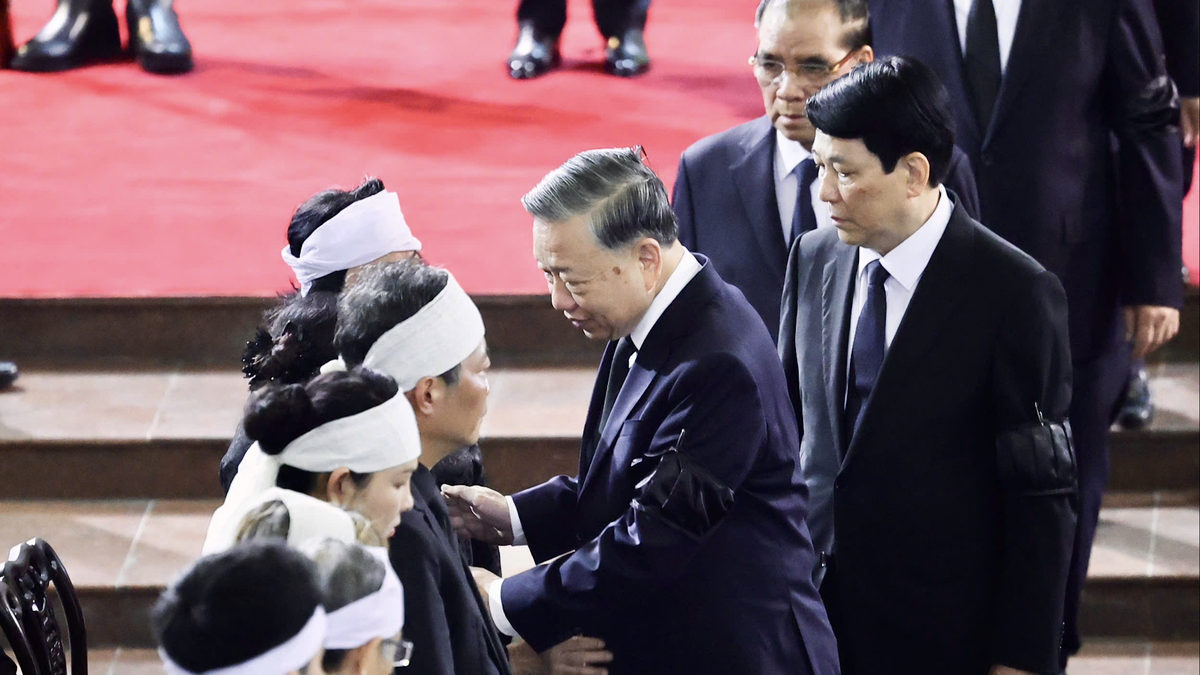
![[Photo] Anh Hoang - Dinh Duc successfully defended the men's doubles championship of the National Table Tennis Championship of Nhan Dan Newspaper](https://vphoto.vietnam.vn/thumb/1200x675/vietnam/resource/IMAGE/2025/5/23/d6ab3bcac02c49928b38c729d795cac6)



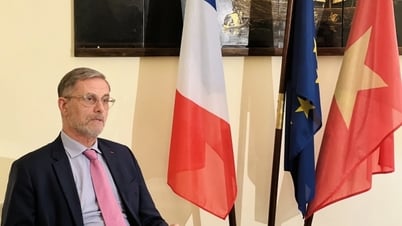

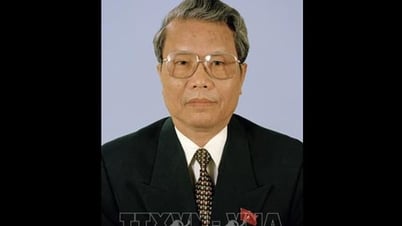
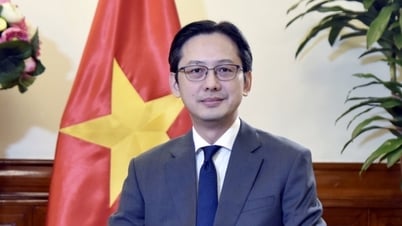
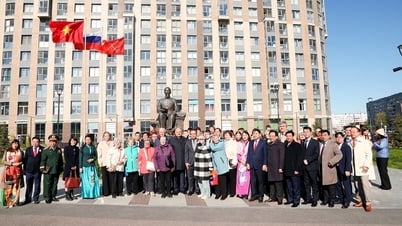
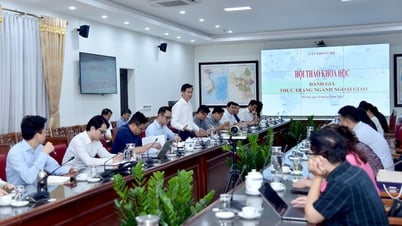
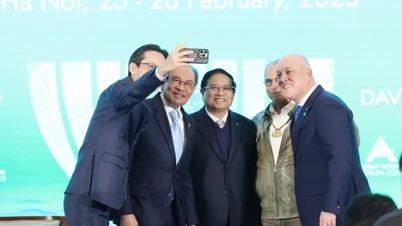




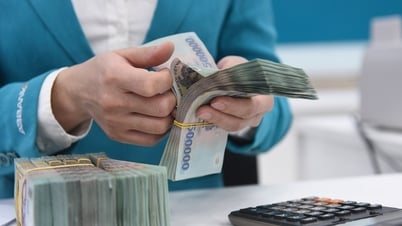

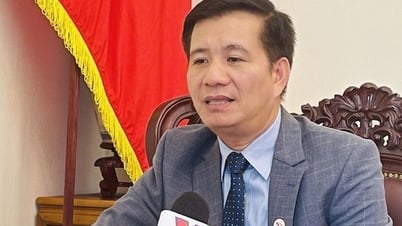
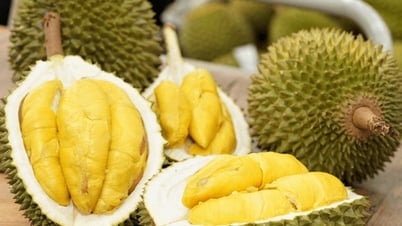
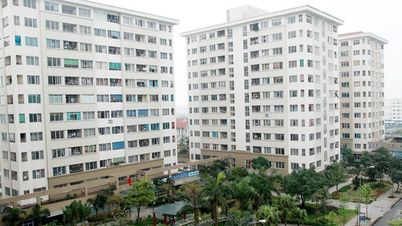


![[Photo] Top players gather at the 2025 Nhan Dan Newspaper National Table Tennis Championship](https://vphoto.vietnam.vn/thumb/1200x675/vietnam/resource/IMAGE/2025/5/23/9ad5f6f4faf146b08335e5c446edb107)


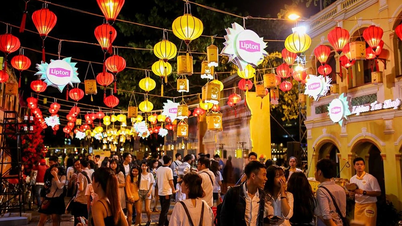

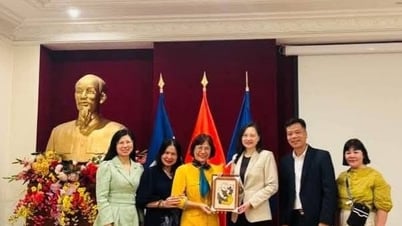

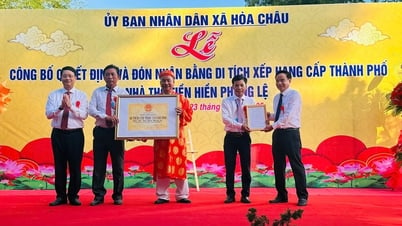






















![[Photo] The Central Party Executive Committee delegation visits former President Tran Duc Luong](https://vphoto.vietnam.vn/thumb/402x226/vietnam/resource/IMAGE/2025/5/24/32f67673454445aab0f1f2af331cb170)
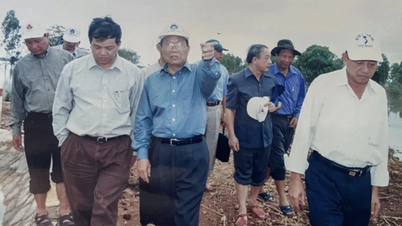

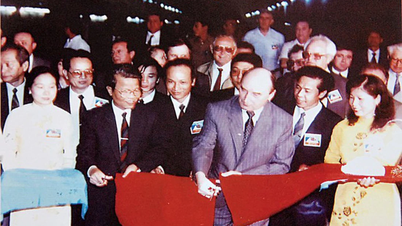


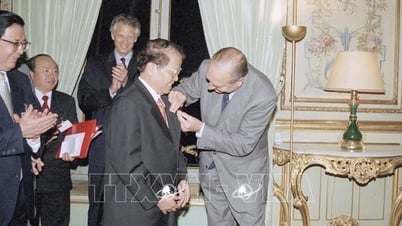

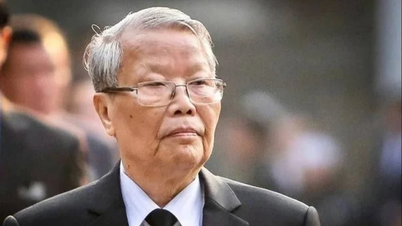








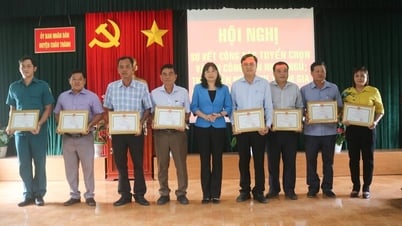

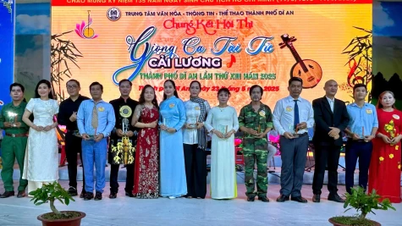




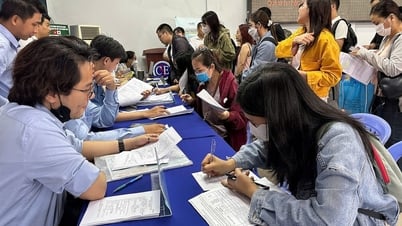

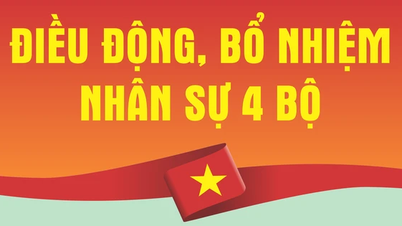











Comment (0)